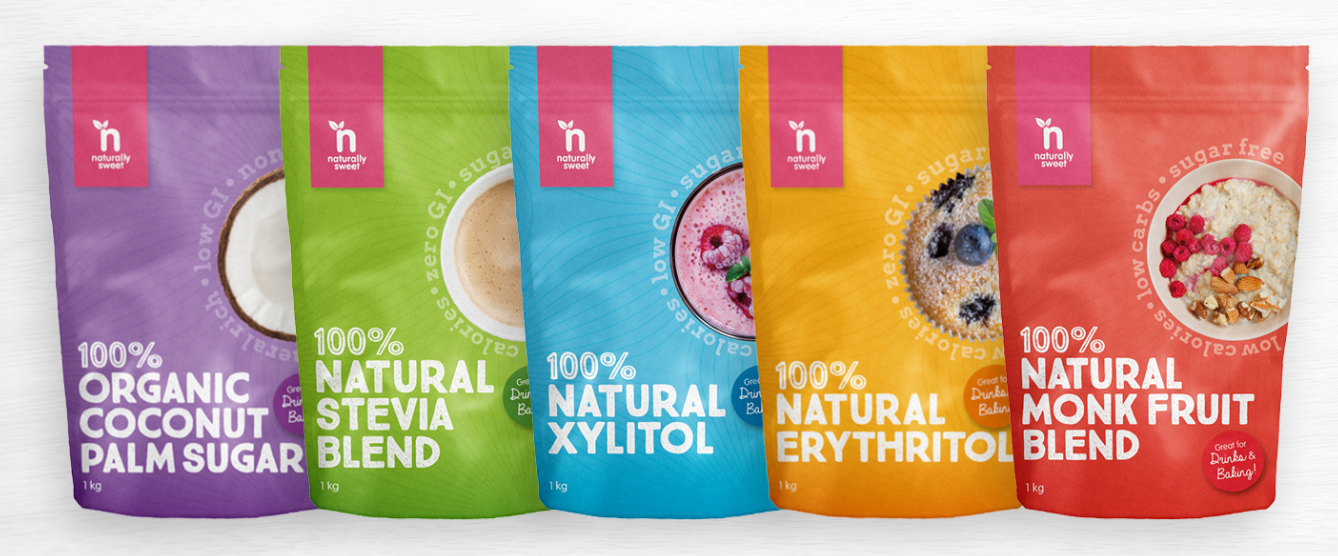Could you have hypoglycemia?
Naturally Sweet Products
When people hear the word 'blood sugar levels', chances are most tend to think of diabetes. This condition is widely publicised, yet it is not the only sugar-related health concern we should be worried about. At the other end of the spectrum there is hypoglycemia, which literally means "low blood sugar". It is estimated that one million Australians could be affected by this condition, although many may not even know that they have it. Could you be one of these people? To find this out, you need to be assessed by a medical professional, but here are a few common symptoms, courtesy of the Hypoglycemic Health Association of Australia. Spikes in energy levels If you experience spikes in your blood sugar levels after consuming sugar or caffeine, only to be followed by extreme lows about two hours later, then this could be a sign that you are hypoglycemic. Insomnia Another classic symptom is disturbed sleep, with many sufferers waking between the hours of 02:00 and 03:00 in the morning, a time when the blood sugar level may have dropped very low. Dizziness, faintness or fatigue Hypoglycemics often feel dizzy, faint or incredibly tired because during low periods of blood sugar, their brain is not receiving enough energy. Irritability, anxiety or depression The fatigue brought on by hypoglycemics can easily lead to irritability and anxiety, and in some cases this can contribute to the development of mental illnesses such as depression. Lack of concentration, attention and sex drive Many hypoglycemia suffers feel as though they have a 'foggy brain' and have trouble concentrating, focusing on tasks at hand, and even experience a decreased sex drive. Fears, phobias and nightmares Another symptom is nightmares, fears or phobias, which may be brought on by the fatigue or insomnia. As you can see, many of the symptoms are conditions in themselves, which can sometimes make hypoglycemia difficult to diagnose - it can be easily interpreted as depression or insomnia. This is why it is important to speak to your doctor, and get yourself tested. Even if this isn't the cause of some of your symptoms, it's better to be safe than sorry. The good news is, if you are diagnosed the condition is relatively easy to treat. It requires a change in eating habits, but with so many natural sweeteners such as Stevia and Xylitol now available, it is easier than ever to avoid sugar. Watch this space for a blog about nutrition and diet tips for hypoglycemics!



